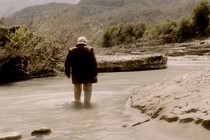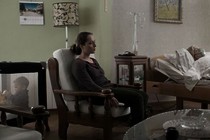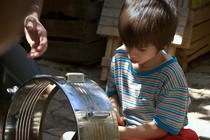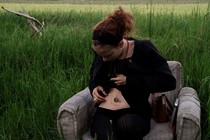Chromium: The light inside
- Bujar Alimani delivers a meditative family drama about self-affirmation, the search for independence and the process of growing up within a dysfunctional family
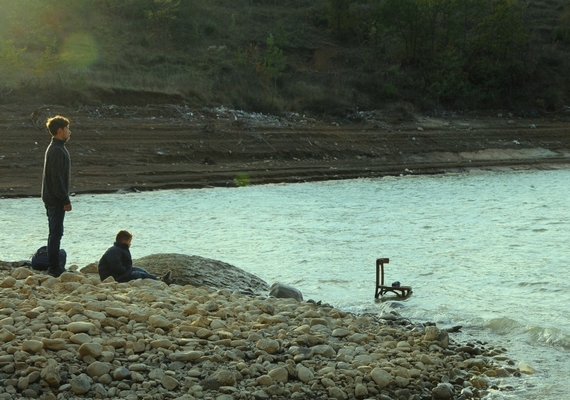
World-premiered at the 2015 Karlovy Vary International Film Festival, in the East of the West section, Chromium [+see also:
trailer
interview: Bujar Alimani
film profile] by Albanian filmmaker Bujar Alimani is now screening at the 15th edition of the Brussels Mediterranean Film Festival (4-11 December). Alimani’s second feature, a co-production between Albania, Germany, Greece and Kosovo, is a coming-of-age movie that unfolds within a larger family drama, dealing with common themes found in the genre, such as the rebellious transition to adulthood and the conflict with parental figures at the core of a humble and dysfunctional family. The film, produced by Alimani and Thanos Anastopoulos, received financial support from the Serbian National Film Center and the Kosovo Film Centre.
Fifteen-year-old Adi (Fredjon Ruci) is a silent boy who lives on the outskirts of a mining town in Northern Albania, where he shares a small house with his younger stepbrother, Denis (Denis Shira), and their deaf-mute mother (Klodjana Keco). After having lost two husbands, the latter is now trying her best to provide for her children while starting a new relationship with an attentive and devoted lover, Kujtim (Kasem Hoxha), who also wants to help the family. Nevertheless, the jealous temper of the young protagonist, and his belligerent growth into manhood, brings conflict into the equation. As a way of showing his independence and assertiveness, Adi decides to drop out of school and start working in the local mines, a job that is both illegal and physically demanding, making the grim situation of the family even more complicated. In the process, he gets closer to a young and attractive female teacher (Mirela Naska), who becomes his guide and a shoulder to lean on throughout his personal rebellion, leading him to understand that the path he wishes to follow may have some negative consequences.
Although the topic is far from original, the atypical setting and the strong poetics of the film –in terms of both its narrative and its photography – make Chromium a highly interesting piece of work. It is definitely a rare depiction of what it means to grow up in such conditions in a particular region of Albania, following the personal story of a family that is trying “to get away from this harsh reality that they live through every day”, according to the director himself (watch the interview). The movie is full of metaphors and allegorical places, such as the dark chromium that hides small pieces of gold (“If we venture inside the characters’ souls, we find the light”) and the soothing lake, which becomes a private oasis for the two siblings, “a place where they feel free”, as Alimani explained. The powerful cinematography, entrusted to Ilias Adamis, who uses long and suggestive shots, is a great example of contemplative storytelling, where actions and facial expressions – and how they reflect inner thoughts – become much more important than the film’s sparse dialogue.
Did you enjoy reading this article? Please subscribe to our newsletter to receive more stories like this directly in your inbox.















